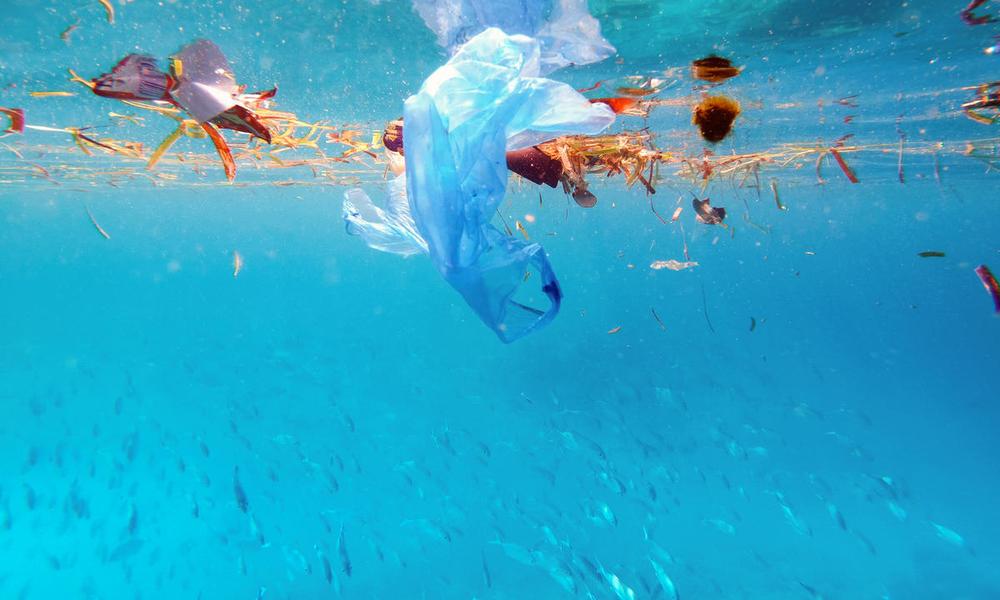
Plastic pollution
Since 1980, plastic pollution has increased 10-fold, but thanks to campaigns by our partner Sky Ocean Rescue, among others, people now realise the problems caused by plastic litter in our seas. Slow steps are being taken by the Government and industry to find alternatives, but more urgent action is needed to prevent the far-reaching and long-term effects of plastic production and pollution on the planet.
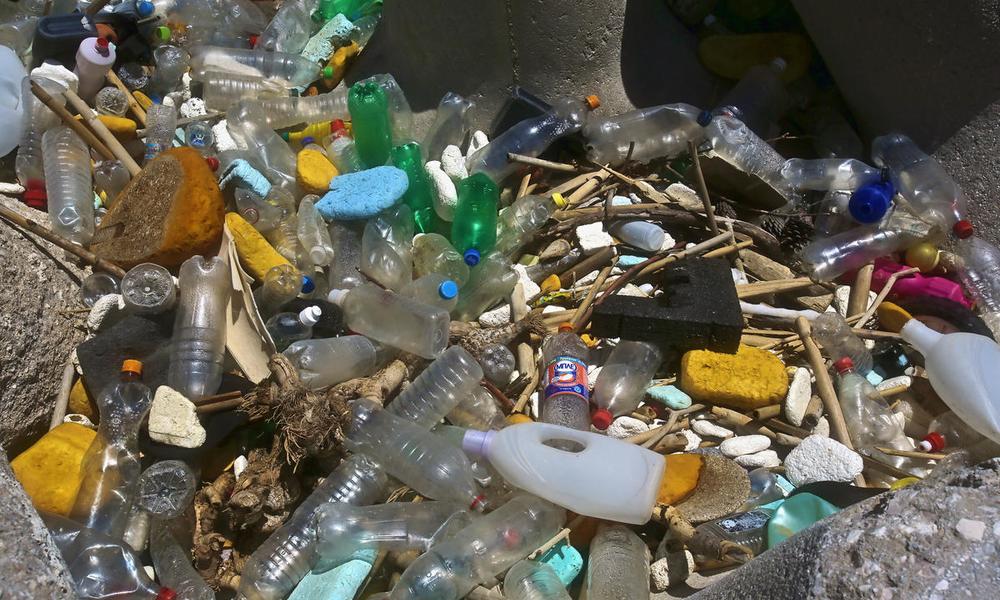
How is plastic and climate change linked?
The vast majority of plastic is made using oil - a fossil fuel, which means it contributes to greenhouse gas emissions, including carbon dioxide, at every stage of its lifecycle, from production to disposal.
Plastic production has increased from 15 million tonnes in the sixties to 311 million tonnes in 2014 and it’s expected to triple by 2050!
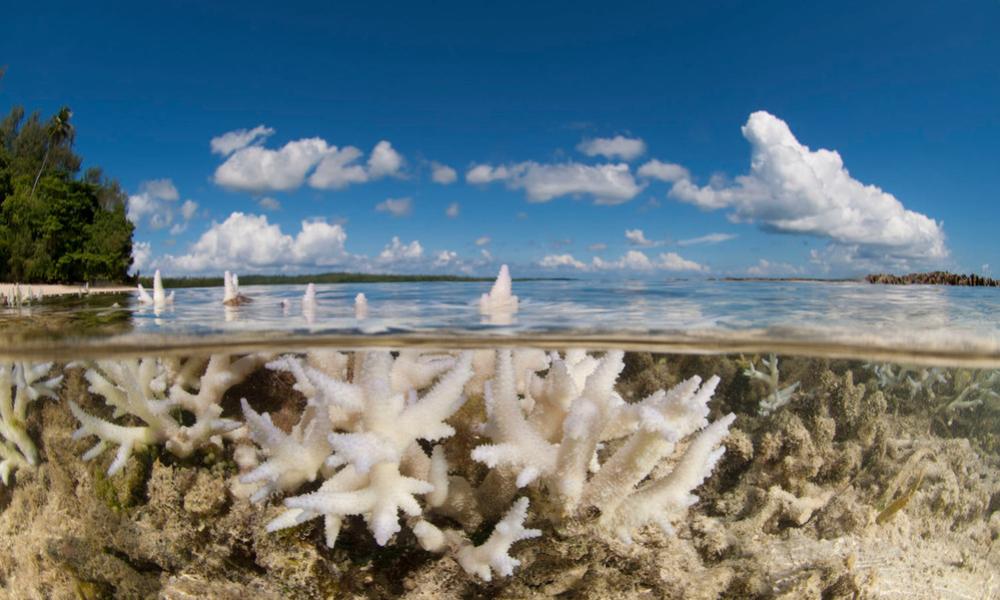
Effects on the ocean
As the oceans continue to absorb carbon dioxide the water becomes more acidic, which is catastrophic for creatures like coral and shellfish as it hampers the creation of their protective skeletons.
In a warming world, as the oceans heat up, currents will be increasingly disrupted and the distribution and range of species will change – meaning food supplies dwindling for other species, causing their numbers to fall.
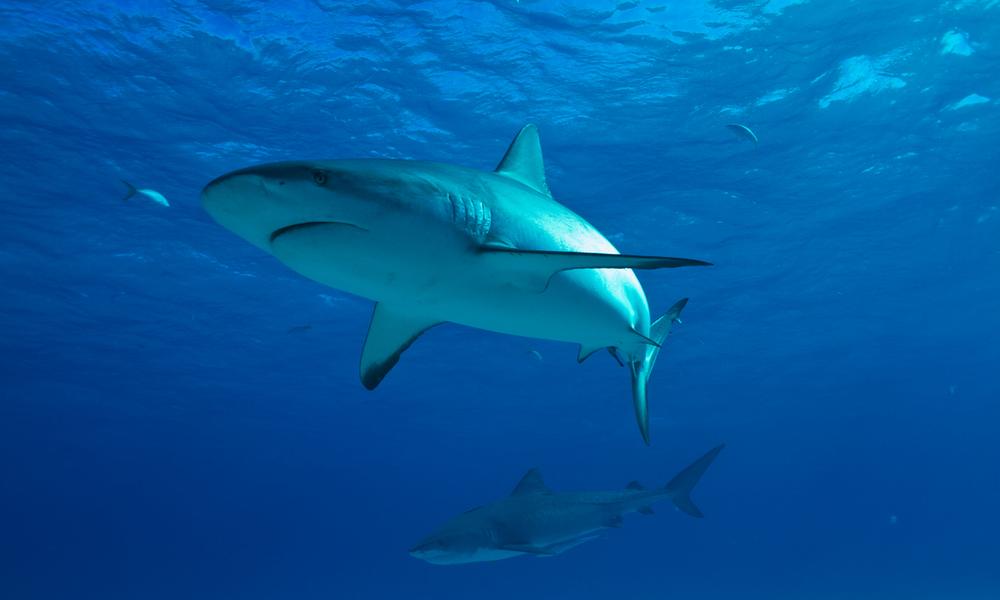
WWF and Sky
Across the globe, one in six species face extinction by the end of the century if we fail to stop the climate crisis. Climate change is already wreaking havoc on our oceans, destroying precious habitats like coral and having devastating effects on wildlife.
We’re working with Sky Ocean Rescue to better protect our oceans and marine wildlife, but we need Government action to help us in this fight.
This World Ocean Day we want to raise awareness that the biggest threats that are facing our incredible seas are not in silo, they are interlinked, just as all life on earth is.

 Learn about our oceans and marine life
Learn about our oceans and marine life
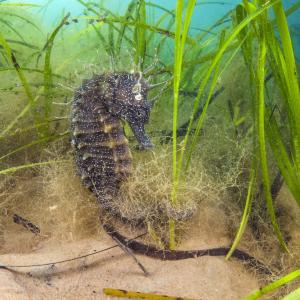 Working with Sky to tackle environmental issues
Working with Sky to tackle environmental issues
 Why UK seas and coasts are important
Why UK seas and coasts are important